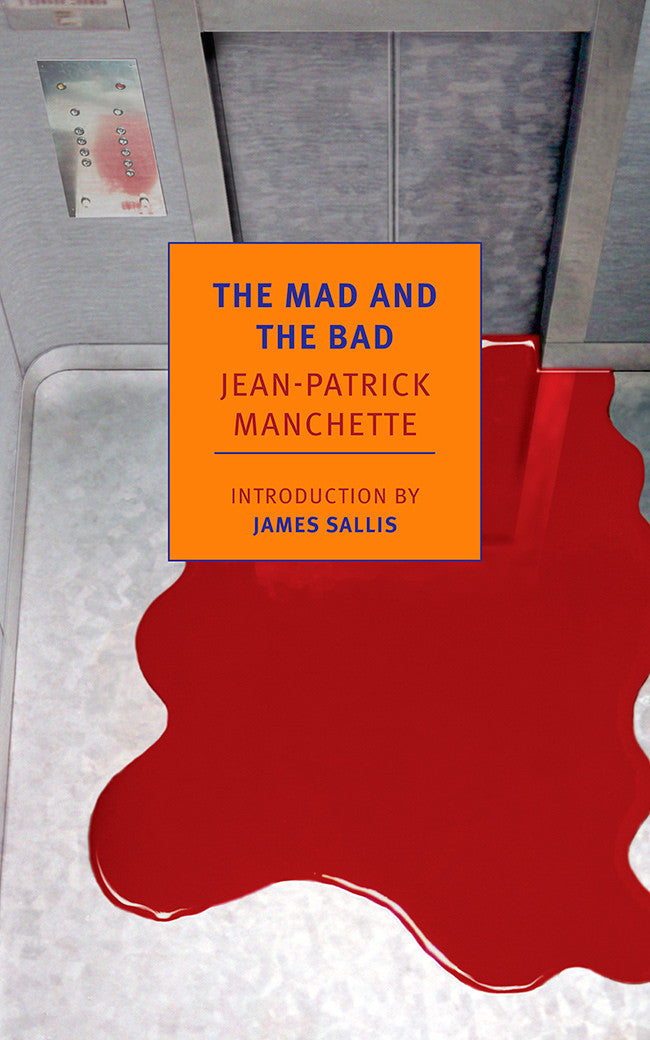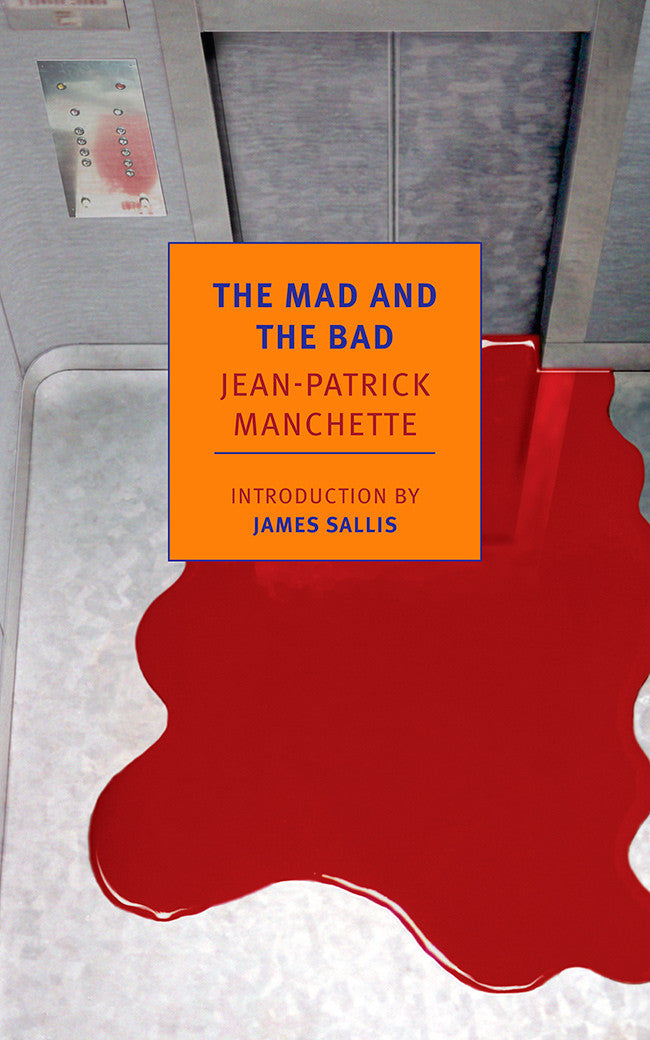[Manchette's] writing is lean and relentless, a brutal evocation of a world in which conventional morality is just another lie we tell ourselves...The Mad and the Bad is so dark it redefines noir: bleak and pointed, yes, but also infused with an understanding that what passes between us is not only compromised but more often faithless, less a matter of commitment or connection than a kind of unrelenting animal need.
—David L. Ulin, Los Angeles Times
A beautiful woman is freed from an insane asylum by a rich philanthropist who wants her to care for his nephew. But when the nanny and her charge are kidnapped, it's not the ransom plot it appears—in fact, as they escape and flee the gunmen hired to kill them, the truth of the situation is clearly a metaphor for the left-leaning author's deep cynicism about French society. Scenes play out like an art film—Manchette was also a screenwriter—right up until the prolonged, blood-splattered finale.
—Booklist
Jean-Patrick Manchette: raconteur, bon vivant, leftist militant, agent provocateur, swinger, French crime kingpin, gadfly foe of the Fifth Republic. Man-oh-man Manchette was a decades-long hurricane through the Parisian cultural scene. We must revere him now and rediscover him this very instant. Jean-Patrick Manchette was Le Homme.
—James Ellroy
This early masterpiece by Jean-Patrick Manchette shows him in most glorious, coldest fury, wrapping a scathing critique of the excesses of greed and capitalism in the bloody bow of a chase thriller. You'll want to turn the pages of The Mad and the Bad at the fastest possible clip, but slow down a little and you'll see how much Manchette packs in—and how much of a punch this mean little book packs.
—Sarah Weinman, Editor of Troubled Daughters, Twisted Wives
In France, which long ago embraced American crime fiction, thrillers are referred to as polars. And in France the godfather and wizard of polars is Jean-Patrick Manchette.... He's a massive figure.... There is gristle here, there is bone.
—The Boston Globe
"The crime novel," [Manchette] claimed, "is the great moral literature of our time"—shortly before he set about proving it.
—James Sallis, The Boston Globe
Manchette is legend among all of the crime writers I know, and with good reason: his novels never fail to stun and thrill from page one.
—Duane Swierczynski, author of Expiration Date
Manchette pushes the situationist strategy of derive and detournement to the point of comic absurdity, throwing a wrench into the workings of his main characters' lives and gleefully recording the anarchy that results.
—Jennifer Howard, Boston Review
Manchette...was instrumental in the development of a new generation of French crime fiction—the neo-polar—with his unpredictable, fast-paced, politically informed novels...[The Mad and the Bad] is violent, swiftly paced, and grotesquely funny.
—The New Yorker
A writer of urgency and cunning, of economy and laconic cool.
—Chris Morgan, Los Angeles Review of Books
Manchette is an impressively economical writer, lean and mean, with a single-mindedness of focus which permits just enough detail to make the stories palpable but precludes distractions.
—Medium
Building upon the hard-boiled genre and creating an offshoot of his own called the neo-polar, Manchette was a sincere but complicated trickster, a writer who claimed that detective fiction was "the great moral literature of our time," who wanted to use the genre to expose the pitfalls of capitalism and the victims of the exploited classes...and who produced thin novels that are very entertaining and stylistically singular.
—Tynan Kogane, Music and Literature






